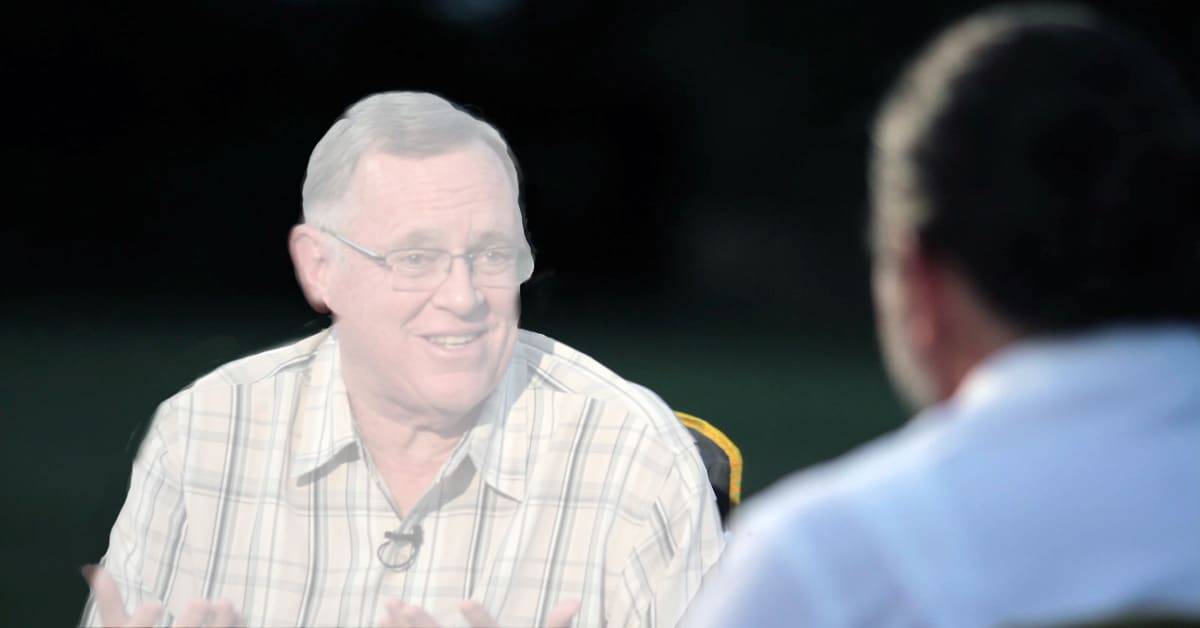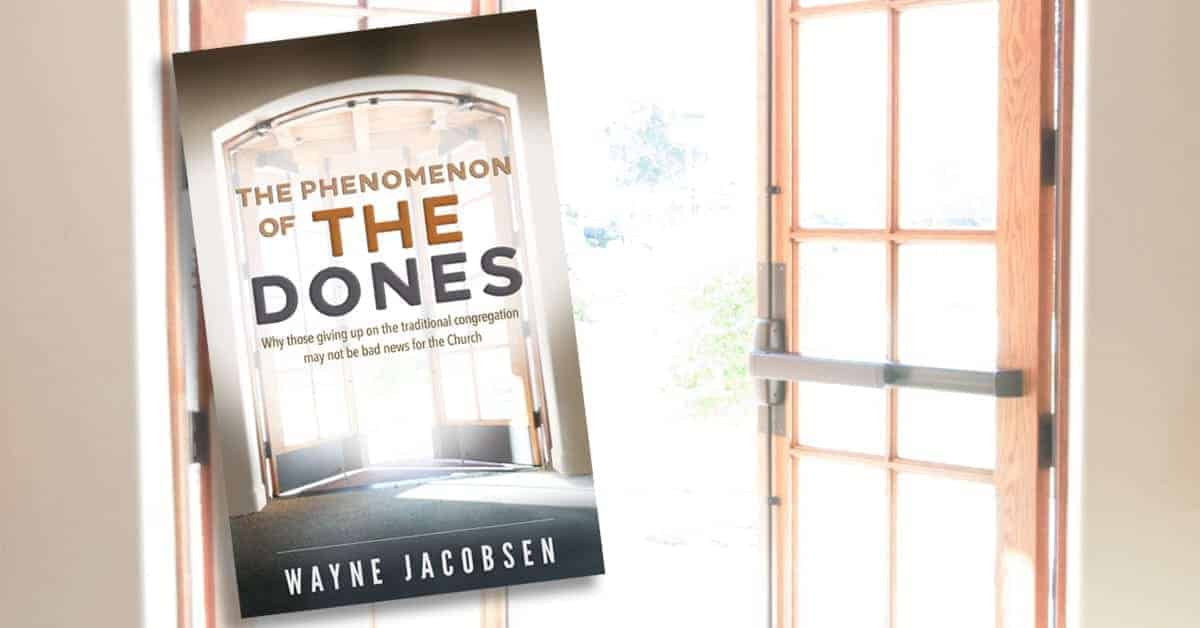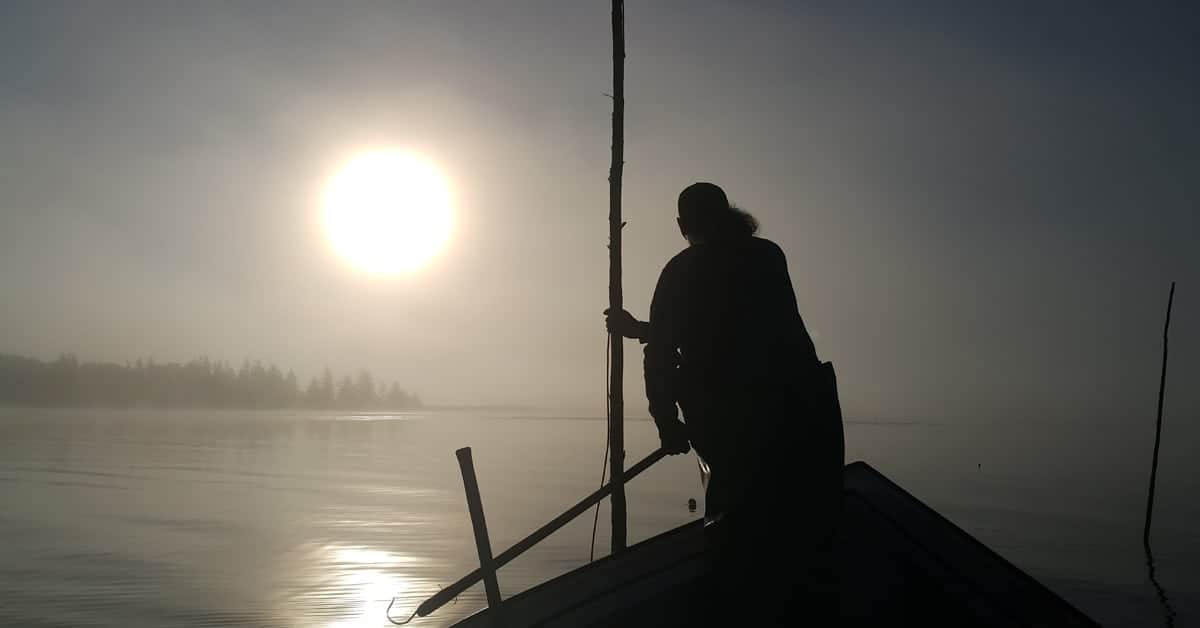 Sara and I have enjoyed watching the first two seasons of CBS’ Joan of Arcadia. It is the story of a young high school girl whose life is continually interrupted by God as he appears to her in various forms and asks her to do things that make little sense to her. It airs at 8:00 on Friday nights on CBS. I like keeping an eye on how our culture perceives God and his nature. It doesn’t all match our views, but it is always interesting to know what others are thinking.
Sara and I have enjoyed watching the first two seasons of CBS’ Joan of Arcadia. It is the story of a young high school girl whose life is continually interrupted by God as he appears to her in various forms and asks her to do things that make little sense to her. It airs at 8:00 on Friday nights on CBS. I like keeping an eye on how our culture perceives God and his nature. It doesn’t all match our views, but it is always interesting to know what others are thinking.
There are multicultural aspects to the characters that represent God in the show that can be offensive, but there is also some real depth in the story lines as well. At least one of the writers on this show really understands a bit of God’s nature and how he works in the world. Here are some moments from last week’s show (February 11) that gives viewers a peak at God’s reality:
The theme of the show was sorting out the reality in romantic love. At one point Joan fears she is losing her boyfriend and asks God about it. He responded,
The theme of the show is drawn together as God talks to Joan about the death and resurrection our experience implicit in the process of romantic love maturing into real love:
That is true of so many things. One of my favorite characters in the show is a drop-out nun who quit during her training deciding it wasn’t right for her. She’s rejected ‘religious’ answers for life’s issues, but offers up Godly perspectives on life and pain. When someone suggests that she of all people should understand guilt, she answered:
In another scene she is talking to Joan’s mom whose husband is being manipulated and harassed by his female boss. She senses something is wrong with this woman but can’t seem to find the word for it.
“Evil?” our drop-out nun suggests.
“I don’t want to use that word,” the wife responds.
“Well, you might want to think about starting, because it is out there.”
“Evil is so ugly and fire-breathing. She isn’t like that.”
”Are you kidding? Evil is charming and beautiful. It makes you doubt yourself. It asks for one small compromise after another while it whittles you down. And it functions best when no one believes in it.”
If a better definition of evil has been written by our culture, I don’t know what it would be.







"Are you kidding? Evil is charming and beautiful. It makes you doubt yourself. It asks for one small compromise after another while it whittles you down. And it functions best when no one believes in it.”
You have no idea what that statement did to me. really….
"Are you kidding? Evil is charming and beautiful. It makes you doubt yourself. It asks for one small compromise after another while it whittles you down. And it functions best when no one believes in it.”
You have no idea what that statement did to me. really….
Best Show on T.V hands down!
Best Show on T.V hands down!